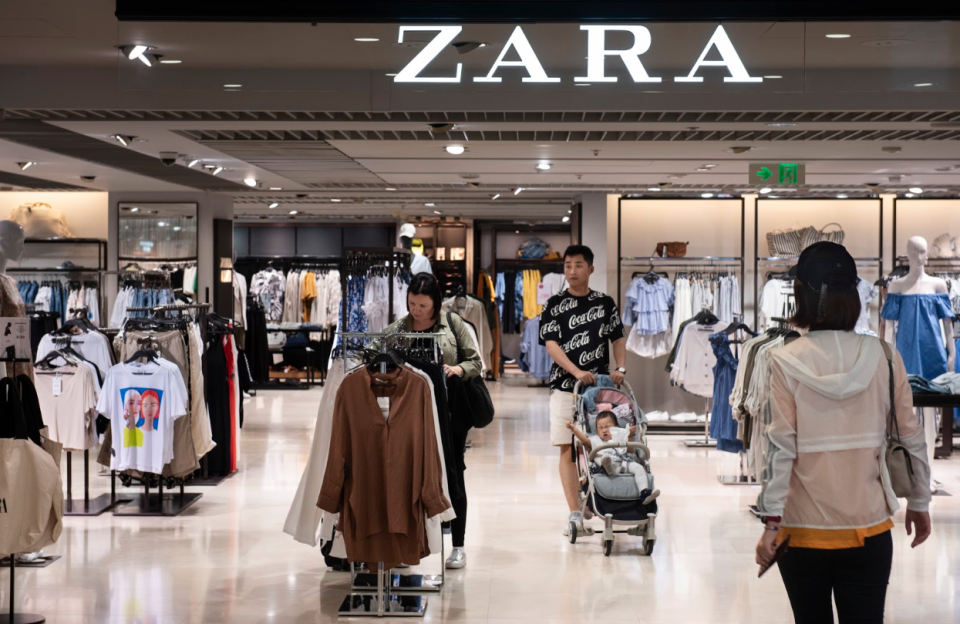Zara to go 100% sustainable by 2025

Spanish fashion chain Zara has pledged to make 100 per cent of its collections from sustainable fabrics by 2025.
Mega-chain Zara is the first international high street store to make this commitment, with Zara’s parent company Inditex also pledging to have 80 per cent of energy consumed in Zara headquarters, stores and factories be from renewable sources, while its facilities will aim to produce no landfill waste.
Inditex defines their sustainable material targets as being only cotton, linen and polyester that is organic, recycled or made in sustainable processes.
“Sustainability is a never-ending task in which everyone here at Inditex is involved and in which we are successfully engaging all of our suppliers; we aspire to playing a transformational role in the industry,” Inditex’s executive chairman, Pablo Isla said at Inditex annual general meeting in La Coruña, Spain this week.
The Dow Jones sustainability index named Zara the most sustainable retailer between 2016 and 2018, however sustainable fashion app Good on You considers Zara as being limited when it comes to sustainability.
Giving the brand an, ‘It’s a start’ rating, Good on You says, “Zara has good policies to eliminate hazardous chemicals but it creates short-lived, fast fashion products.
“It has fast fashion traits such as on-trend styles and regular new arrivals. This business model is inherently harmful to the environment.”
Also read: Aldi ditches plastic products as supermarket wars enter new frontier
Also read: How a 14-year-old turned his plastic-free shampoo idea into a waste-free product business
Isla, however, argues that Inditex is the “opposite” of a fast-fashion brand.
“We operate with a different model. We make our own patterns, work with our own factories, keep low levels of inventory, have local sourcing and manufacturing and don’t have promotions in stores.”
While Zara announced its new approach to sustainable fabrics, it was light on details around conditions in Zara factories.
In 2017, customers found handwritten notes slipped inside the pockets of products purportedly written by factory workers in Istanbul, Turkey.
"I made this item you are going to buy, but I didn't get paid for it," one letter allegedly read.
And according to Refinery 29, workers in a factory in Tunisia are timed, with workers expected to spend only 38 minutes finishing one shirt.
Make your money work with Yahoo Finance’s daily newsletter. Sign up here and stay on top of the latest money, news and tech news.

 Yahoo Finance
Yahoo Finance 
